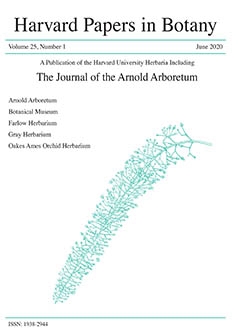Orchidaceae is one of the most threatened families of vascular plants in the world, and in recent years, species distribution models (SDM) have been used as a tool to inform the conservation status of several species. However, the usefulness of SDM depends on appropriate knowledge of the use and limitations of these tools, otherwise there is a risk of getting erroneous models leading to wrong decisions in conservation plannning. We present the distribution model of Lepanthes mucronata in South America based on current and accepted knowledge in this discipline. The representativeness of protected areas for Colombia is evaluated, as well as ecosystems where it is present and its risk of extinction based on criteria of the IUCN. After reviewing these parameters, we found that Lepanthes mucronata meets the criteria for Least Concern (LC) IUCN status. We expect this investigation to serve as an appropriate example of this type of analysis and as a reference for future work in the conservation of this plant family.
How to translate text using browser tools
30 June 2020
Distribution Models and Spatial Analyses Provide Robust Assessments of Conservation Status of Orchid Species in Colombia: The Case of Lephantes mucronata
Juan Sebastián Moreno,
Stephania Sandoval-Arango,
Rubén Darío Palacio,
Nestor Fabio Alzate,
Milton Rincón,
Karen Gil,
Nicolás Gutiérrez Morales,
Patricia Harding,
Nicolás A. Hazzi
ACCESS THE FULL ARTICLE

Harvard Papers in Botany
Vol. 25 • No. 1
June 2020
Vol. 25 • No. 1
June 2020
biogeography
conservation
MaxEnt
ORCHIDACEAE




